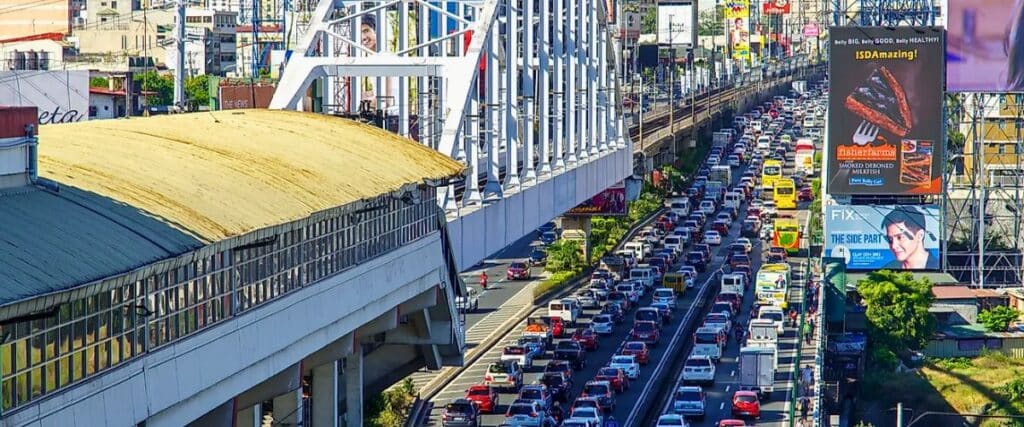Startup Zip Infrastructure aims to address traffic congestion in Japan with cost-effective sky trams, offering a promising alternative to traditional transportation systems.
In a bid to alleviate the persistent issue of traffic congestion in Asia, startup Zip Infrastructure has unveiled plans to create electric vehicle (EV) sky trams in Japan at a fraction of the cost of conventional counterparts.
Founded in 2018, the Japan-based startup is gearing up to submit its first commercial project proposal in Japan by March 2025, with aspirations to venture into the global market as early as 2029.
Mario Ian Carlos Ferido Rebonquin, the Head of Business Development at Zip, expressed the company’s ambitious vision: “Our goal is to build a transport network in countries like the Philippines which can rival that of Japan’s.”

The company’s initial move involves bidding for a small transportation project within Tokyo’s Ueno Zoo, with hopes of commencing tramway operations by 2027.
Rebonquin acknowledged “There is more demand from abroad for cheap transportation,” emphasising that even a successful project within Japan would bolster their prospects to approach the international market as a ‘Made in Japan’ technology.
Zip Infrastructure estimates the cost of their tramway at approximately US$10 million per kilometre, a stark contrast to the roughly US$67 million associated with traditional monorails or railways. Their tram cars weigh around 2 metric tonnes, a mere fraction of a typical railway car’s weight, reducing the land requirements for supporting structures.
Each Zip car boasts a battery and motor akin to an electric vehicle, offering versatility by running on both steel rails and cables, enabling complex routes while keeping expenses low. Cables are more cost-effective but limited to straight paths, whereas rails, though pricier, are essential for curved routes.
“You can build lines in urban areas where conventional transport is difficult,” noted Rebonquin, highlighting Zip’s potential to utilise existing roads without requiring additional land development.
While startups like Swyft Cities in the U.S. and Ottobahn in Germany pursue similar transit systems, Zip Infrastructure distinguishes itself by accommodating larger rolling stock, capable of carrying up to 12 passengers. The company emphasises that its system is intended to complement, rather than replace, major transportation infrastructure.
Innovations like Zip’s EV tramways offer a promising solution to the ongoing challenge of urban congestion, with the potential to reshape transportation networks in Asia and beyond.
Featured banner image credit: worldatlas.com
Related Articles
Japan Unveils Homegrown Generative AI Programme to Accelerate Scientific Discovery
Unlocking Carbon Capture Potential: Japan’s Vision for Southeast Asia





